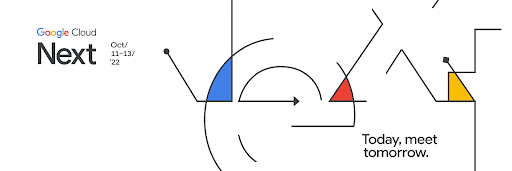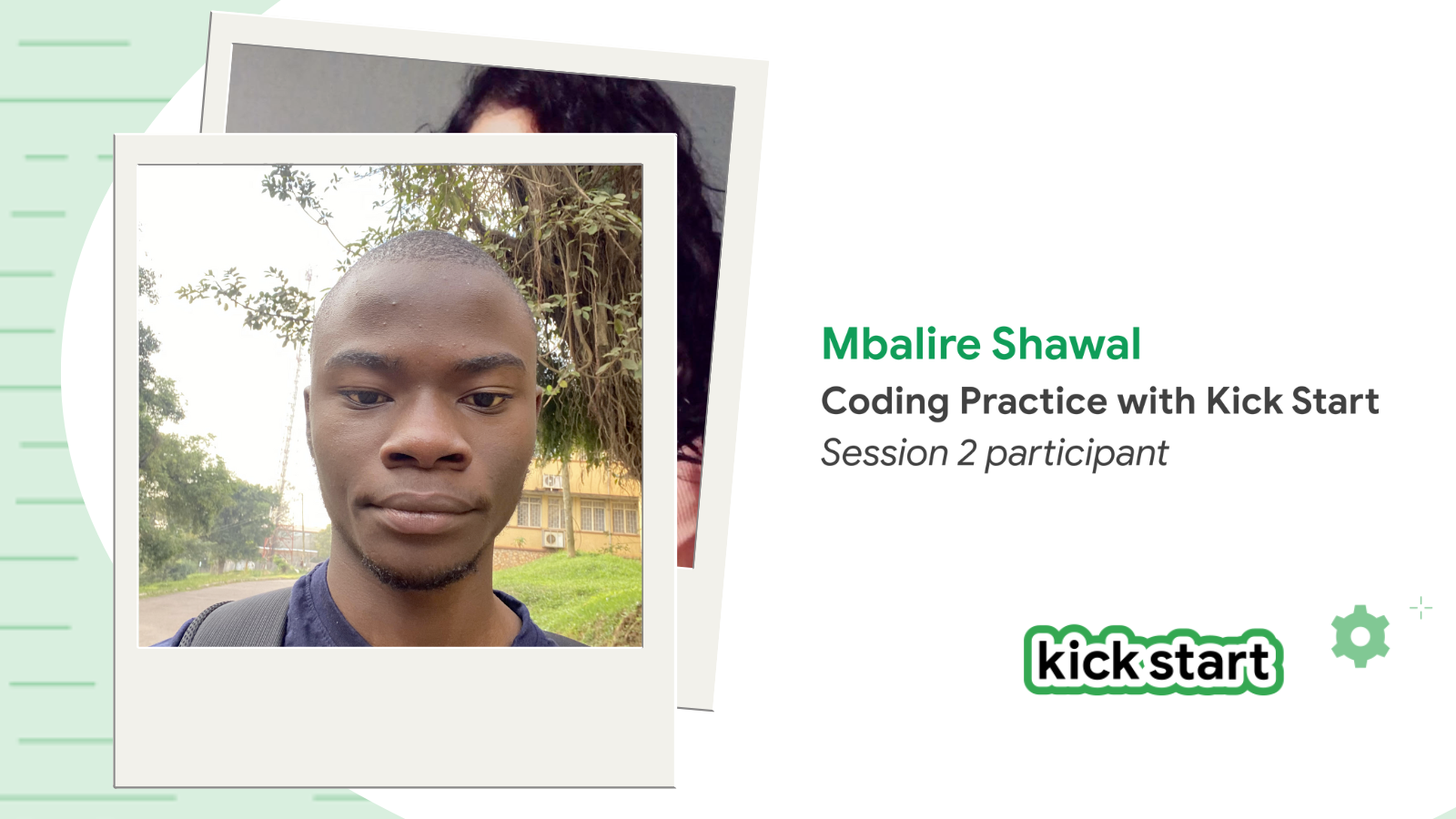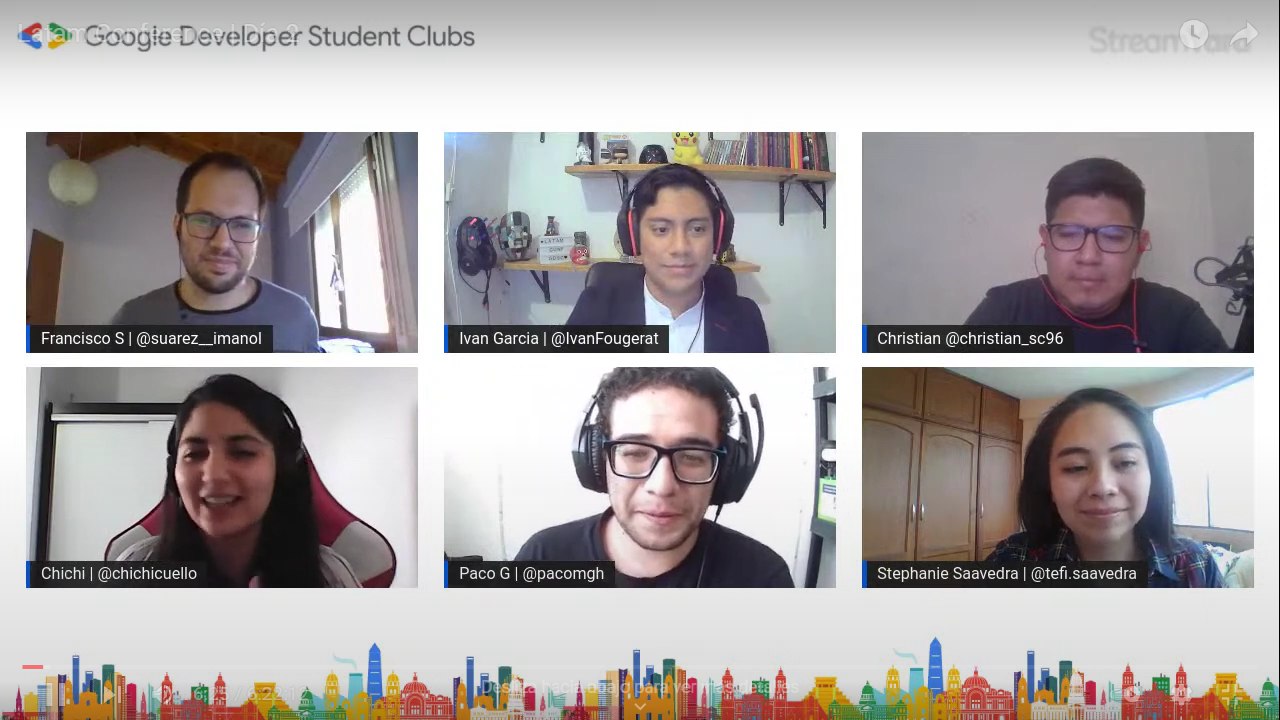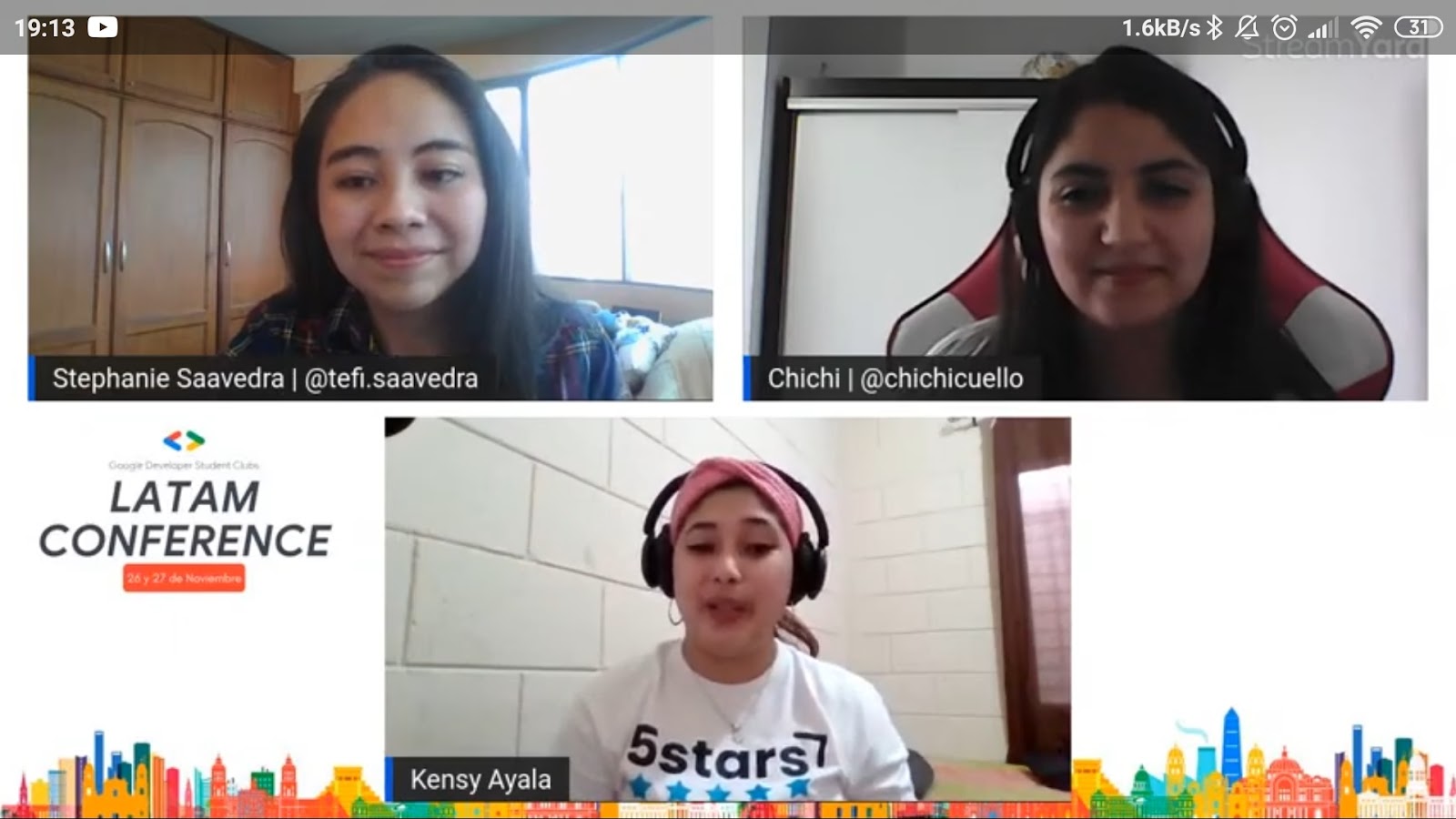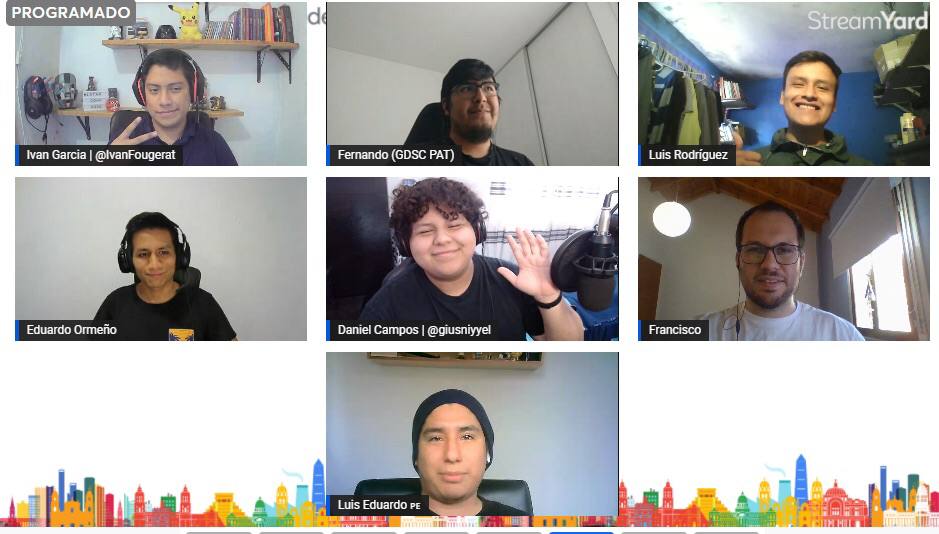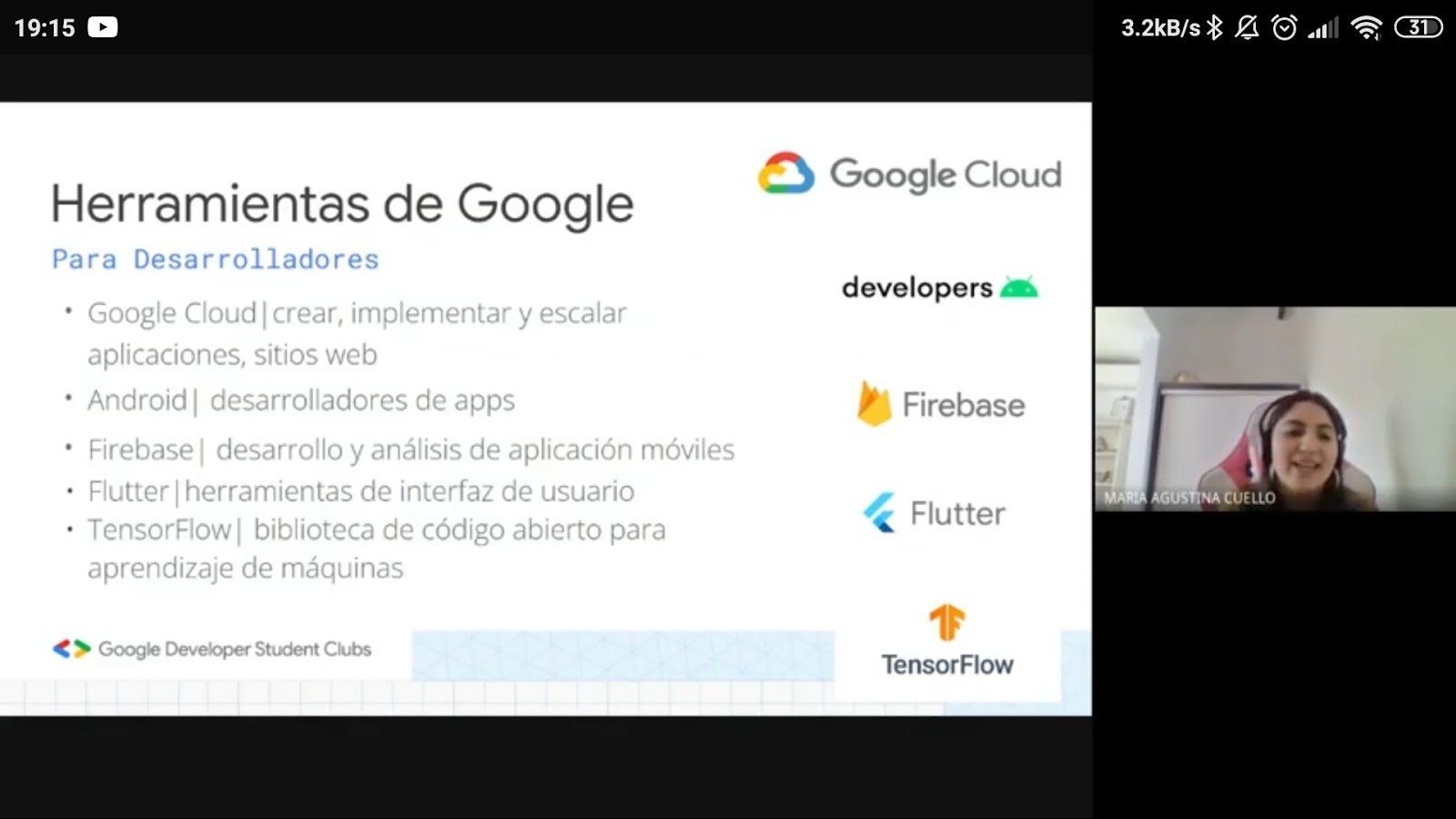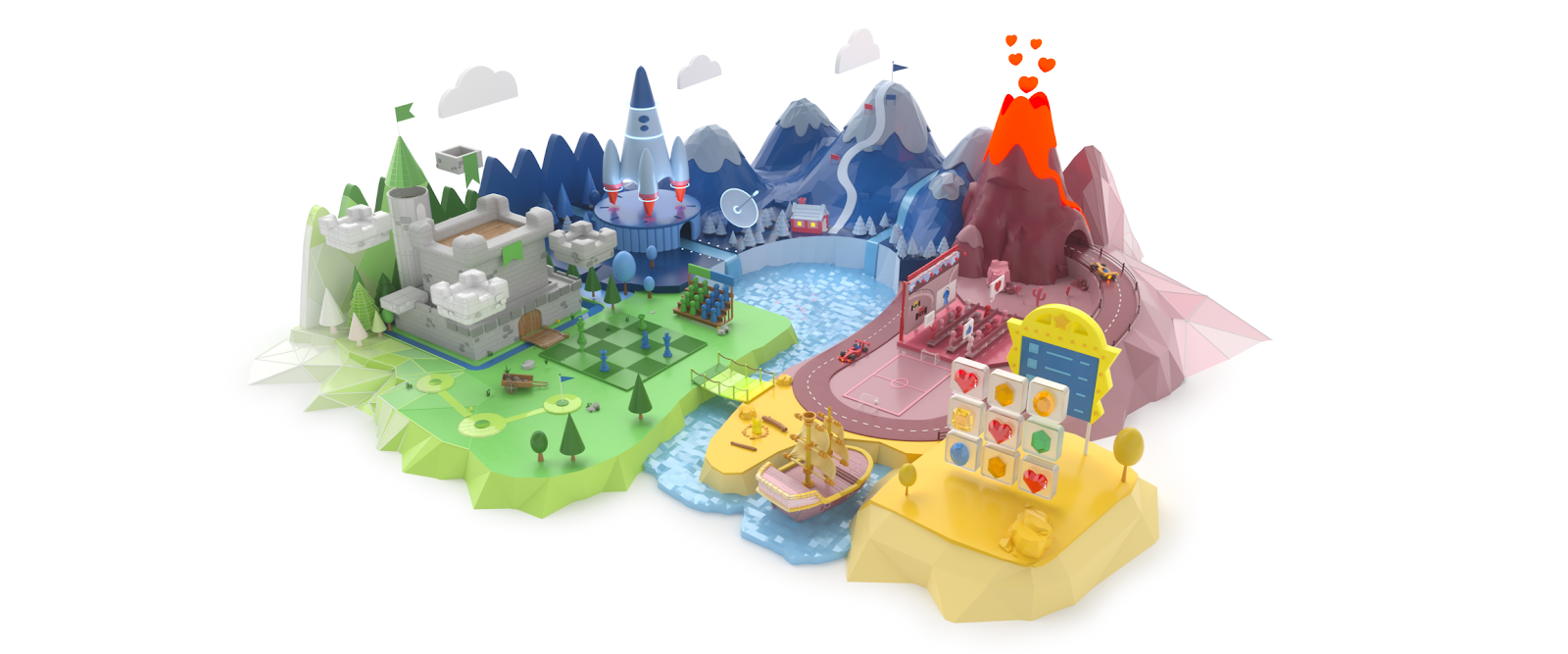Posted by Rachel Francois, Google Developer Student Clubs, Global Program Manager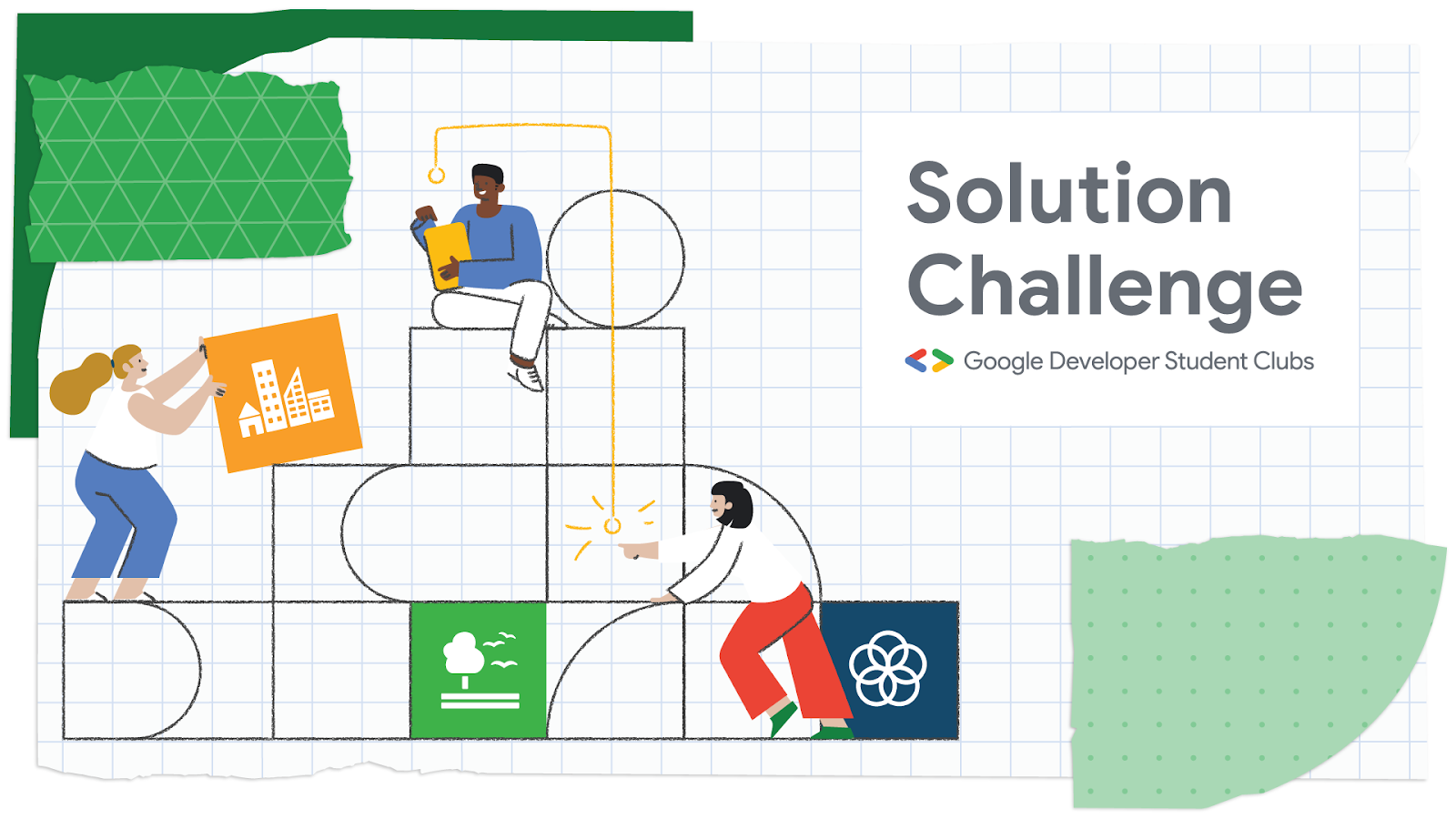
Each year, the Google Developer Student Clubs Solution Challenge invites university students to develop solutions for real-world problems using one or more Google products or platforms. How could you use Android, Firebase, TensorFlow, Google Cloud, Flutter, or any of your favorite Google technologies to promote employment for all, economic growth, and climate action?
Join us to build solutions for one or more of the United Nations 17 Sustainable Development Goals. These goals were agreed upon in 2015 by all 193 United Nations Member States and aim to end poverty, ensure prosperity, and protect the planet by 2030.
Solution Challenge prizes
Participants will receive specialized prizes at different stages:
- The top 100 teams receive customized mentorship from Google and experts to take solutions to the next level, branded swag, and a certificate.
- The top 10 finalists receive additional mentorship, a swag box, and the opportunity to showcase their solutions to Google teams and developers all around the world during the virtual 2023 Solution Challenge Demo Day, live on YouTube.
- Contest finalists - In addition to the swag box, each individual from the seven teams not in the top three will receive a Cash Prize of $1,000 per student. Winnings for each qualifying team will not exceed $4,000.
- Top 3 winners - In addition to the swag box, each individual from the top 3 winning teams will receive a Cash Prize of $3,000 and a feature on the Google Developers Blog. Winnings for each qualifying team will not exceed $12,000
Joining the Solution Challenge
There are four steps to join the Solution Challenge and get started on your project:
- Register at goo.gle/solutionchallenge and join a Google Developer Student Club at your college or university. If there is no club at your university, you can join the closest one through our event platform.
- Select one or more of the United Nations 17 Sustainable Development Goals to address.
- Build a solution using Google technology.
- Create a demo and submit your project by March 31, 2023.
Google Resources for Solution Challenge participants
Google will support Solution Challenge participants with resources to help students build strong projects, including:
- Live online sessions with Q&As
- Mentorship from Google, Google Developer Experts, and the Google Developer Student Club community
- Curated Codelabs designed by Google Developers
- Access to Design Sprint guidelines developed by Google Ventures
- and more!
Winner announcement dates
Once all projects are submitted, our panel of judges will evaluate and score each submission using specific criteria.
After that, winners will be announced in three rounds.
Round 1 (April): The top 100 teams will be announced.
Round 2 (June): After the top 100 teams submit their new and improved solutions, 10 finalists will be announced.
Round 3 (August): The top 3 grand prize winners will be announced live on YouTube during the 2023 Solution Challenge Demo Day.
We can’t wait to see the solutions you create with your passion for building a better world, coding skills, and a little help from Google technologies.
Learn more and sign up for the 2023 Solution Challenge here.
I got the time to push my creativity to the next level. It helped me attain more information from more knowledgeable people by expanding my network. Working together and building something was a great challenge and one of the best experiences, too. I liked the idea of working on the challenge to present a solution.
~2022 Solution Challenge participant



